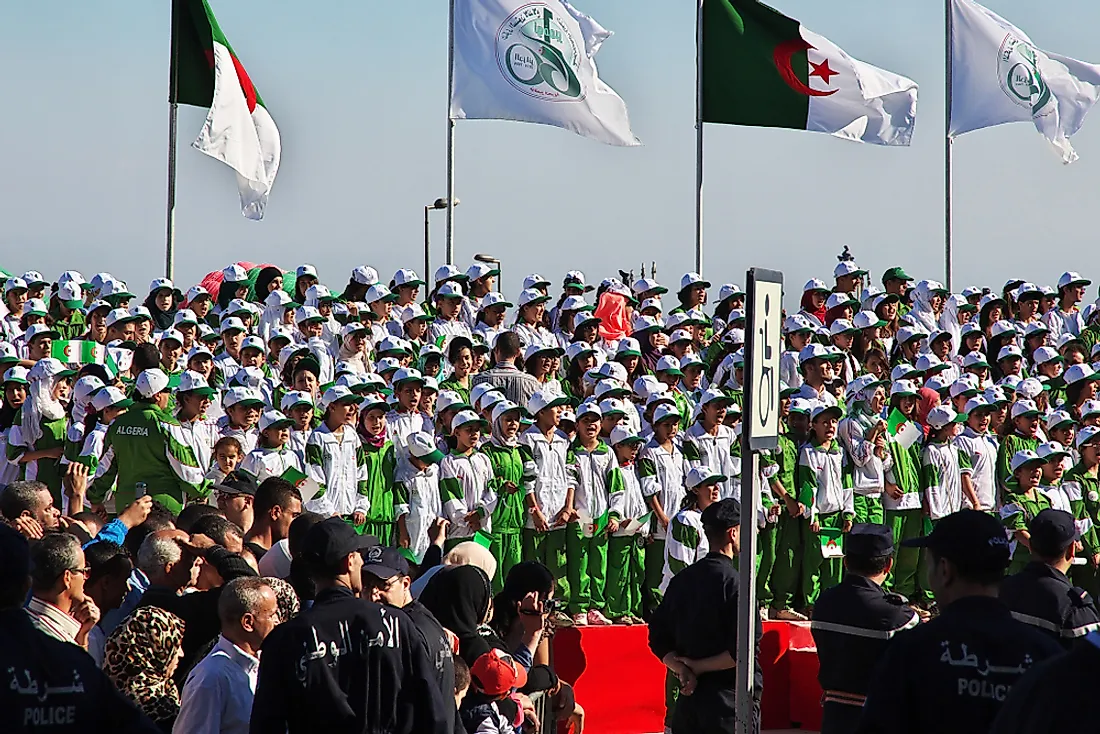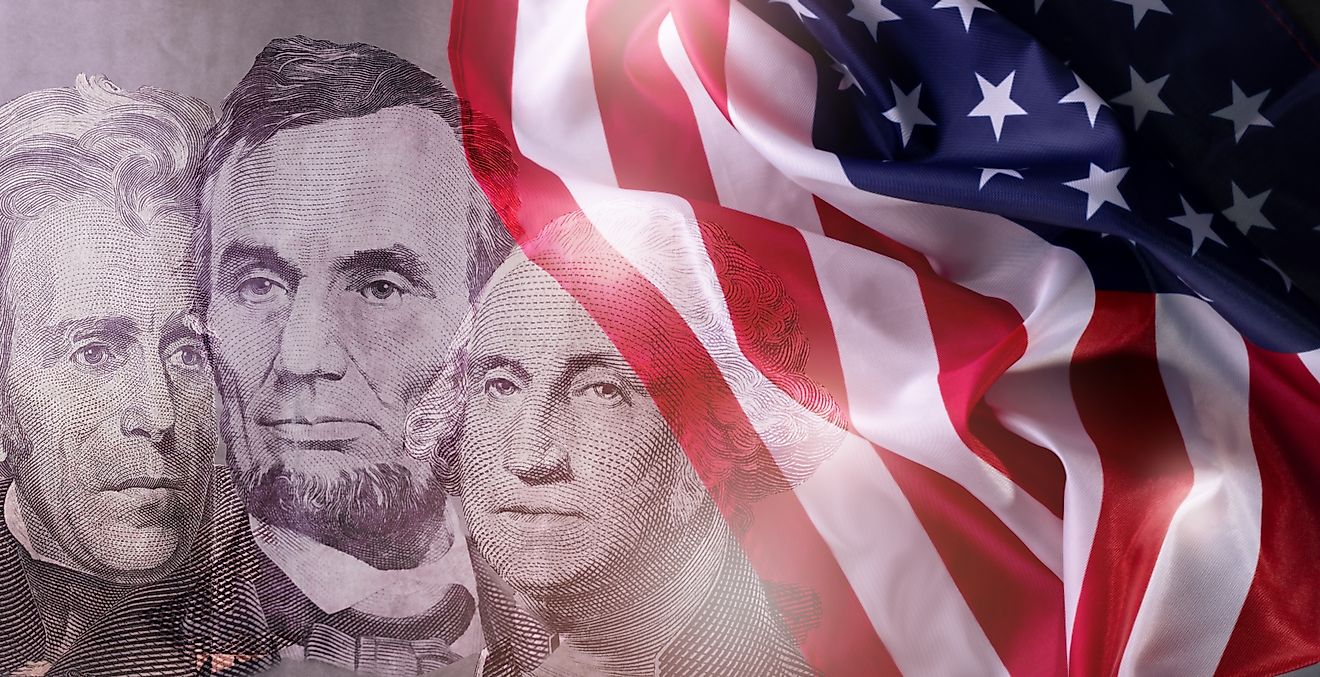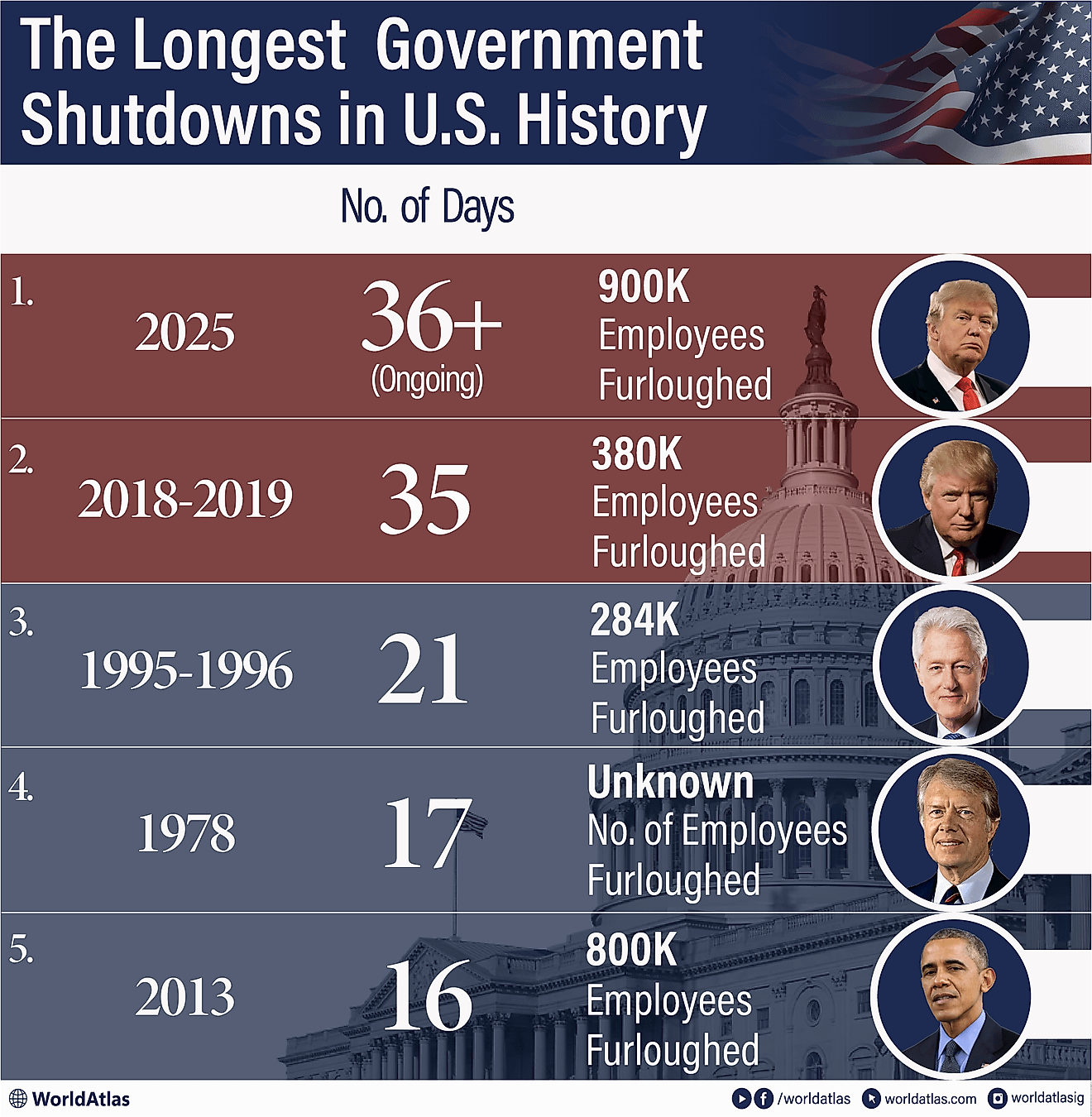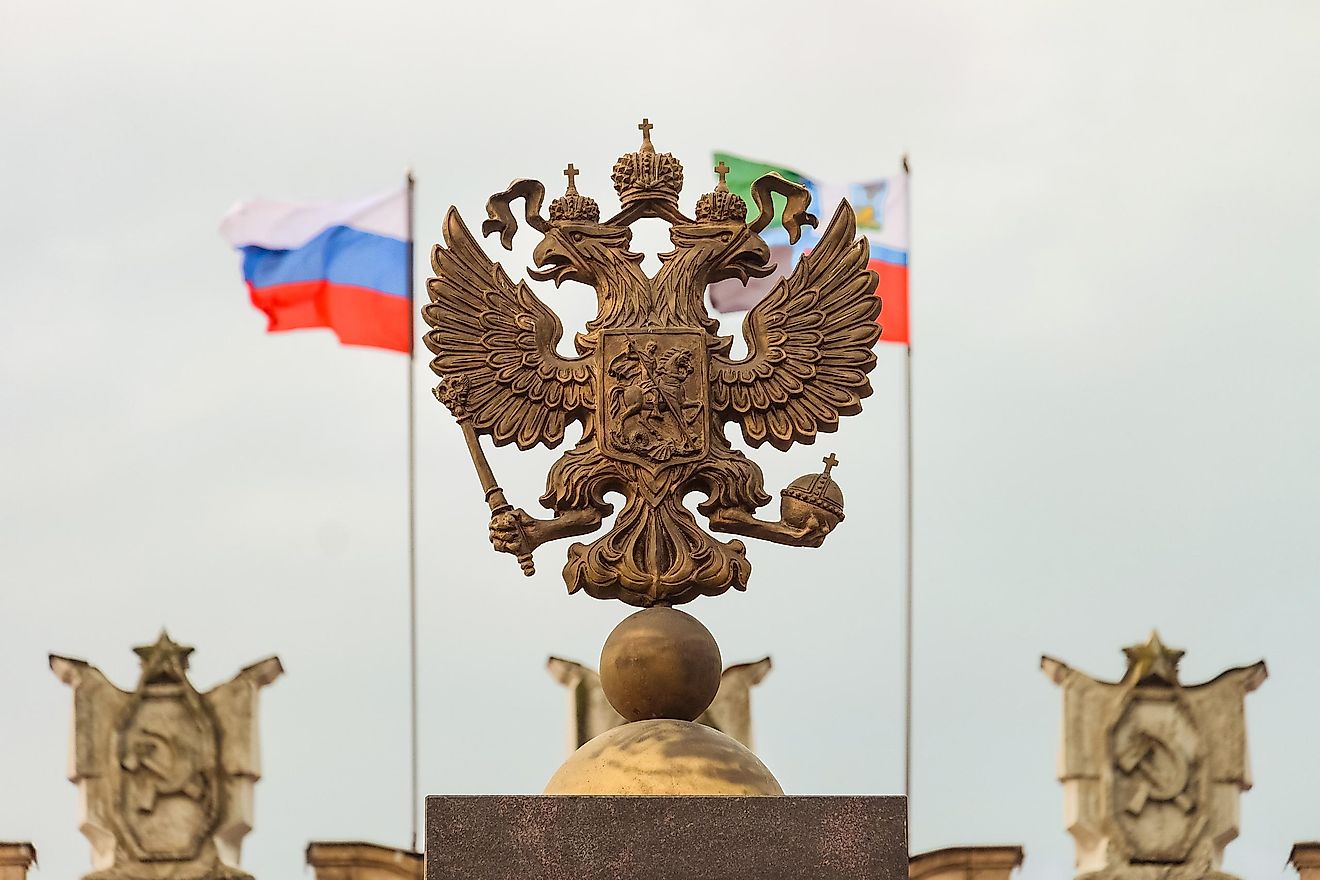When Did Algeria Gain Independence?

In 1830, France occupied Algeria for the first time. It was seen as an essential part of the larger State. By 1959, the multi-ethnic newcomers in those parts accounted for one-tenth of the overall inhabitants. These pied noirs, as they were called, were considered to be of higher status than "regular" Algerians.
This unequal treatment resulted in a divide between the two groups which ultimately led to an uprising. This was triggered by the Sétif massacre in 1945 and shaped a liberation front titled the Front de Libération Nationale (FLN).
The Sétif Massacre
On the day of the allied victory over Germany in World War II, May 8, 1945, the Algerians that were fighting on the side of the French, shared their happiness by raising their flag. This did not sit well with the French troops who started shooting at them. A number of Algerian people were killed on that day. However, this only escalated further in the next five days and over a hundred pied noirs were killed in the riots. The French response was immediate and strong, killing approximately 15,000 Algerians.
In the aftermath of the uprising, the government had no intention of acknowledging any claims made by the Algerians. Quite the contrary, they decided to use excessive force on even the most minute resistance attempts. This violent retaliation created a massive trepidation among Algerians and fueled strong retribution among the French.
Although the FLN uprising attempts indicated differently, the French government presumed that the events were sporadic and weren’t indicative of an all-encompassing problem. Many were taken into custody and in just two weeks time, the FLN was practically disintegrated.
Violent Counter-Strokes
In 1955, Algerian forces within the FLN regained their strength and began their attempts anew, only now they were directing their attacks towards French employed Muslims. The death count was in the hundreds. Not surprisingly, the retaliation from the French side was enormous.
The main goal for France was now to completely extinguish the rebellion. When the FLN figurehead Ahmed Ben Bella was discovered to be present on an aircraft in 1956, he was imprisoned and held for five years. Considering that he was not given the right to a trail for the duration of his detainment, France was internationally criticized which pushed for more supporters for the FLN.
In the subsequent period, the French army, which was given increasing control over the matter, was not satisfied with the way in which the government decided to handle the issues with Algerians. Their focus was turned to Charles de Gaulle, who was seen as a potential solution, considering his influence and ability. After becoming the president, he established the Fifth Republic.
Negotiations and the Attempted Assassination of de Gaulle
Although de Gaulle was adamant that the separation of the Algerians from France would result in extensive chaos on all levels, in 1959, he accepted to work towards a mutual agreement on the issue. De Gaulle promised to hold a referendum after peace is reinstated.
The possibility of potential independence was not well received by certain right-wing fractions of the French army. They attempted to sabotage the agenda but the plans were quickly brought down. This, however, did not stop their intentions. These fractions went on to form the Organisation de l’Armée Secrète (OAS) with extreme methods for blocking the formation of Algeria’s independence. Their hope was to draw out a reaction from the FLN, which would, in turn, compel the French army to intercede and stop Gaulle’s plans for granting independence. As the chaos ensued and spread across the country, de Gaulle himself was targeted, albeit unsuccessfully.
The Evian Accords and Algeria’s Victory
The start of the negotiations was turbulent, to say the least. The main hurdle was the rule over the Sahara’s oil reserves, which FLN was not willing to concede. The OAS was still very much active in its attempts to break down the peace talks.
In 1962, the accord was finally established. On March 18th, in a French town of Evian, an agreement was made to suspend hostilities. It was also decided that the referendum can now be carried out to determine the faith of Algeria as an independent country. The results were overwhelmingly on the side of independence, with over 90% of votes.
Unfortunately, it took more than a truce to effectively stop the killings of Algerians. It is estimated that over 150,000 people were killed before the official proclamation of independence on July 3rd, 1962.











